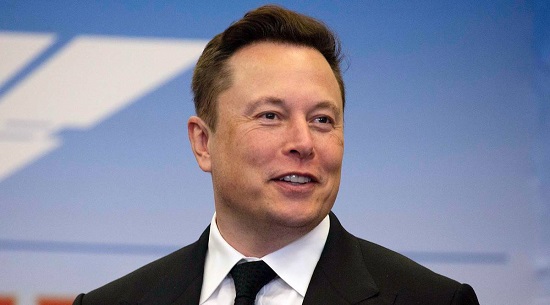Twitter Inc. has hired merger law heavyweight Wachtell, Lipton, Rosen & Katz LLP as it races to sue Elon Musk for moving to dump his $44 billion takeover of the company, according to people familiar with the matter.
The social media company aims to file suit early this week, according to the people, who declined to be identified because the matter is private.
According to Bloomberg, by hiring Wachtell, it gains access to lawyers including Bill Savitt and Leo Strine, who served as Chancellor of the Delaware Chancery Court, where the case will be heard.
Musk has brought in Quinn Emanuel Urquhart & Sullivan LLP. The firm led his successful defense against a defamation claim in 2019 and is representing him as part of an ongoing shareholder lawsuit over his failed attempt to take Tesla Inc. private in 2018.
An official for Wachtell Lipton declined to comment, and officials for Quinn Emanuel couldn’t be reached.
A Twitter spokesperson declined to comment. Musk and Jared Birchall, the head of his family office, did not respond to a request for comment.
Delaware is the corporate home to more than half of US public companies, including Twitter, and more than 60 per cent of Fortune 500 firms. There, chancery judges — business law experts — hear cases without juries and can’t award punitive damages.
Based on previous merger fights, efforts to terminate a deal can play out within a few months, often ending with settlements to avoid further wrangling.
Savitt, a Wachtell partner, is at the top of select group of A-list chancery court litigators. Companies such as health-insurer Anthem Inc., real-estate giant Sotheby’s and financial titan KKR & Co. have lined up outside his door when deals turn sour or buyouts get challenged in Delaware.
Strine, who spent over 20 years working in the Delaware courts, most recently as Chief Justice of that state’s Supreme Court, helped shape the legal norms that Musk would seek to test by terminating his agreement to acquire Twitter. Strine joined Wachtell in 2020.
Before becoming the Chief Justice, he served on the Delaware Court of Chancery as Chancellor from 2011, and as a Vice Chancellor from 1998.
Delaware Chancery Court typically frowns on efforts to back out of merger agreements. It’s possible that one of Strine’s most influential decisions will determine how Musk makes his case for ditching his Twitter takeover.
In 2000, Tyson Foods Inc. agreed to acquire rival IPB Corp. Soon after agreeing to the deal, the meat market suffered a precipitous downturn, impacting both companies financially. Tyson argued it had been given misleading information about IBP’s business and was thus no longer obliged to complete the $3.2 billion merger.
In court, Strine disagreed that there had been a Material Adverse Change and ruled that Tyson must follow through with the deal. The ruling became a landmark and the Tyson-IBP case is still the basis for the way courts and corporations interpret the ability of a buyer to terminate a merger agreement.
The judges also have a say over whether breakup fees must be paid. In the Musk-Twitter deal, that fee is $1 billion.
In a regulatory filing after the official market closed Friday, Musk had announced plans to walk away from his $54.20-a-share offer to buy Twitter, alleging that the company misrepresented user data.
Twitter Chairman, Bret Taylor, had responded by vowing to enforce the deal in what promises to be an arduous court brawl.
Twitter shares closed 5.1 per cent lower at $36.81 in official trading at the weekend, and dropped another 4.8 per cent to about $35 in post-market activity.



